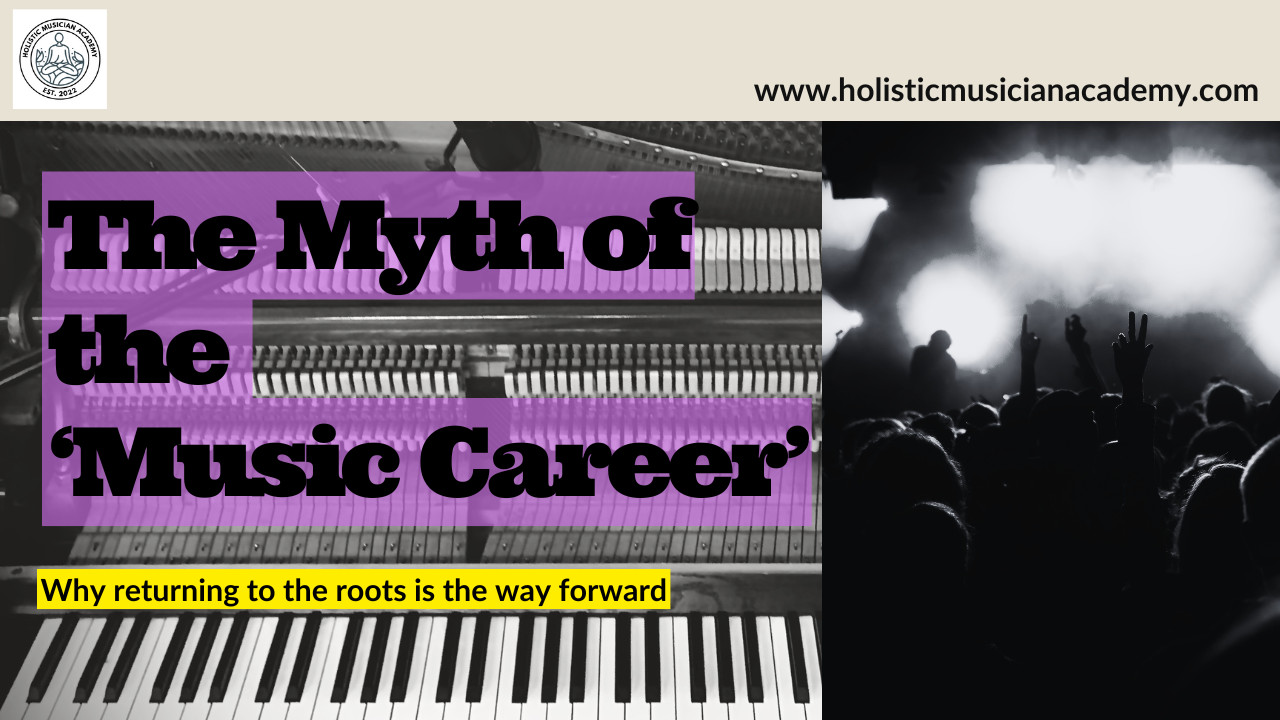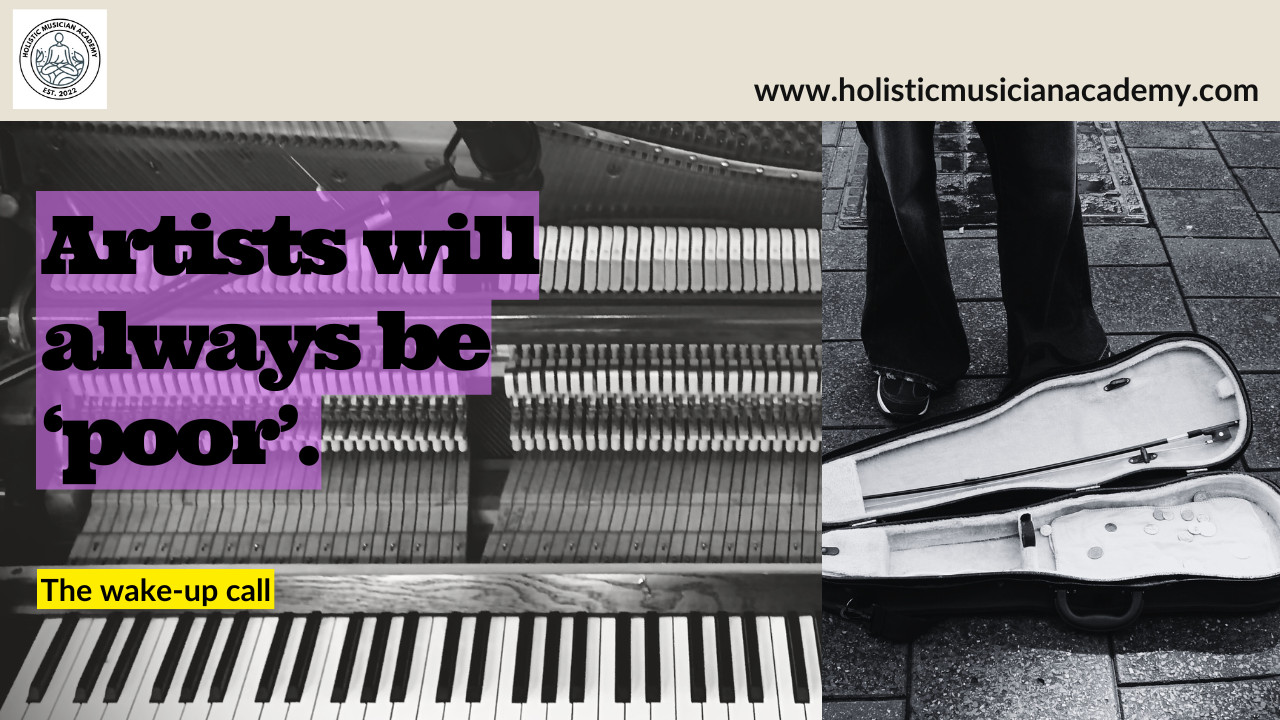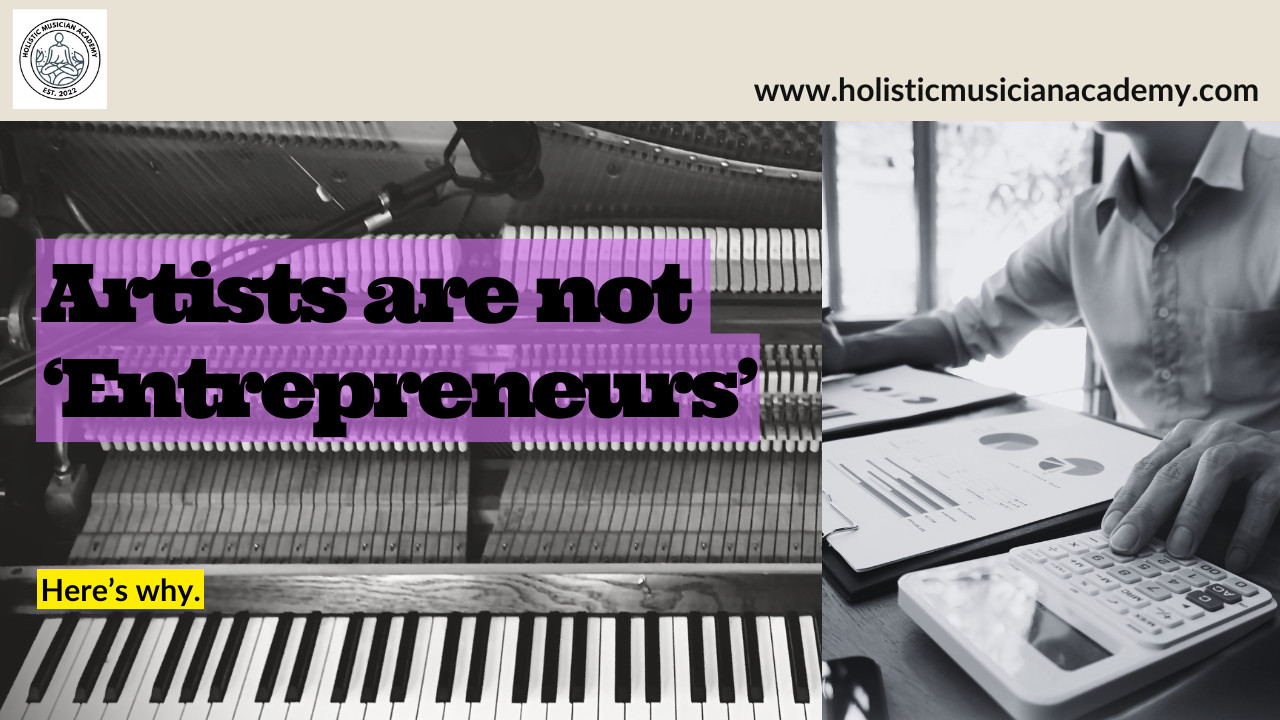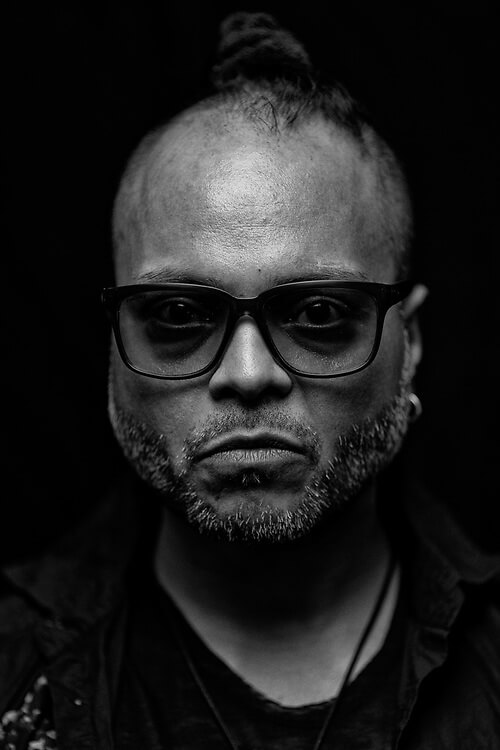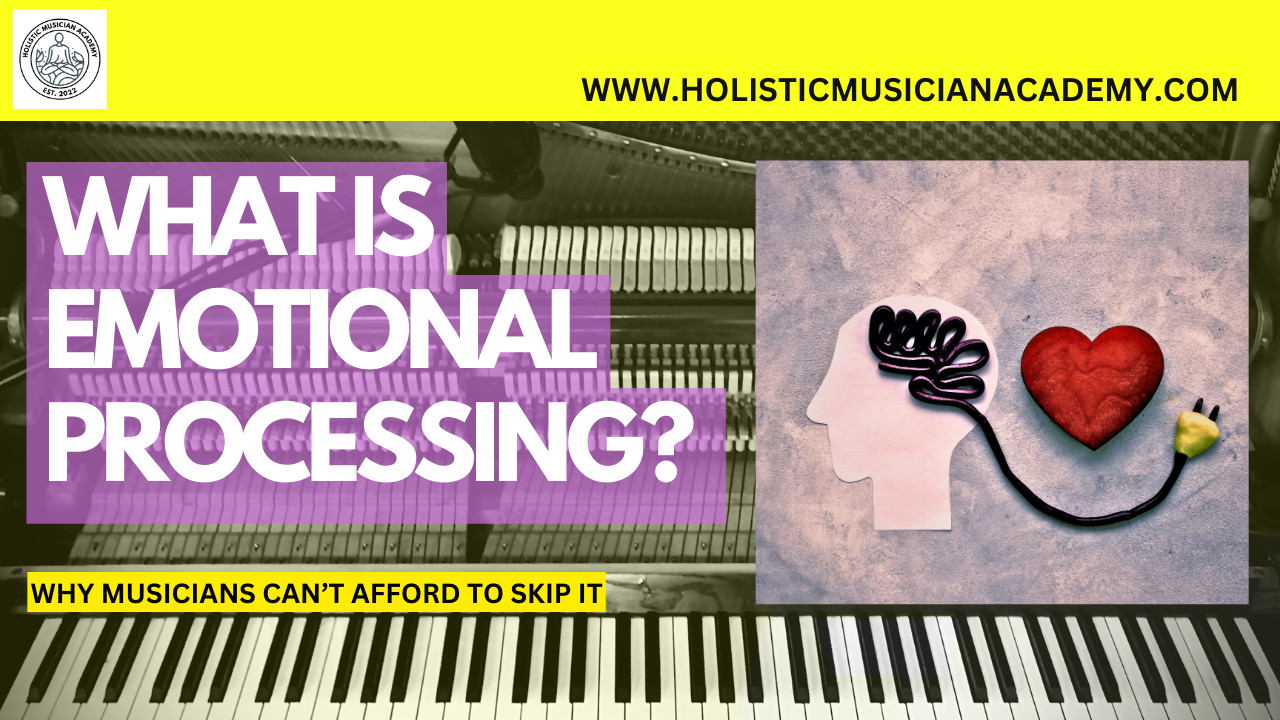
Amidst the glamor and thrill of a musician's life lies a pressing need to address the emotional turmoil that often goes unacknowledged. While the allure of constant gigs and endless opportunities may seem like a dream, this whirlwind lifestyle can lead to mental fatigue and creative blocks if artists fail to process their inner struggles effectively.
Read more...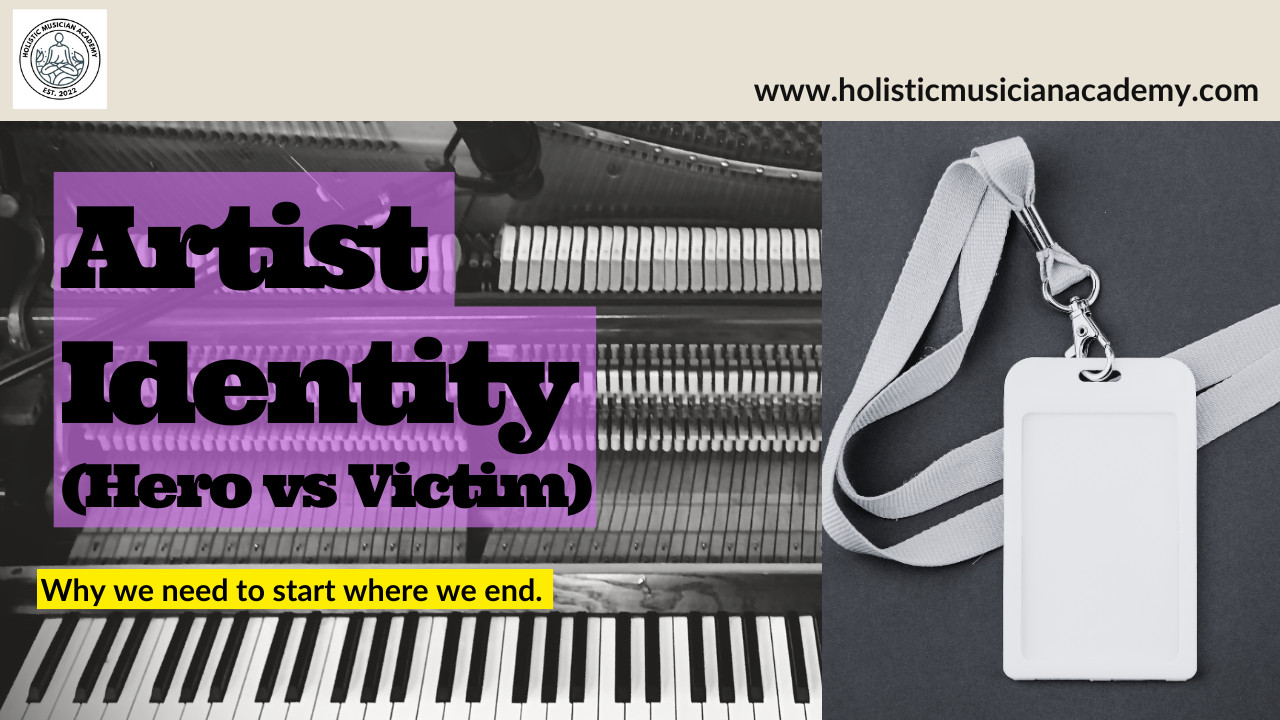
Understand the critical role that identity plays in an artist's journey and why it should be the foundation of your creative process. This blog post explores the pitfalls of neglecting your true self in pursuit of external validation, illustrating how artists often fall into traps like chasing viral fame or conforming to industry expectations. Learn how to navigate the delicate balance between hero and a victim narratives, and find practical steps to re-anchor your identity, ensuring your art remains authentic and fulfilling. A guide to understand how starting with identity can keep you whole and true to your artistic vision in the long haul.
Read more...
